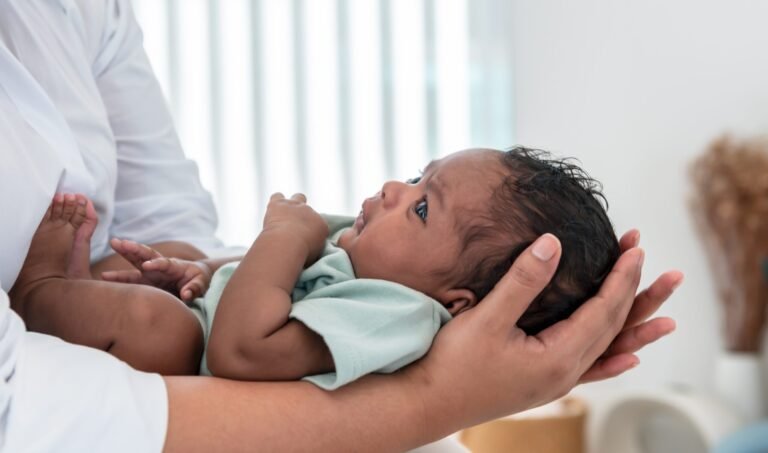The government shutdown is more than a budget fight. At its core, the impasse is about how to fund critical services people rely on for health and safety. And nowhere are the stakes higher than in Georgia.
Basic benefits at risk
Programs like WIC (Women, Infants and Children) provide nutritional support to more than 190,000 Georgians. This includes families who depend on vouchers for formula counseling, food and nutrition. Right now, emergency funding is keeping WIC afloat, but experts warn it could dry up in weeks if the shutdown is delayed. The result would leave vulnerable mothers and children struggling for support.
SNAP (Supplemental Nutrition Assistance Program) is also in a precarious position. Payments continue for now, but administrative support is weakened, raising concerns about delays or gaps if the shutdown is extended further. For many families in Georgia already struggling with food insecurity, any disruption could mean missed meals.
Public health at risk
The Atlanta-based Centers for Disease Control and Prevention (CDC) is among the hardest hit. About 40 percent of health care workers nationwide face furloughs. That means fewer people tracking cases, less support for HIV prevention programs, and delays in public health data, all critical for Georgia and beyond. CDC’s ability to respond quickly to emerging threats is hampered at a time when vigilance is essential.
Research funding through the National Institutes of Health (NIH) and grants to universities such as Emory and Georgia Tech may also be delayed. This threatens important biomedical research in areas such as cancer, infectious diseases and maternal health. Every week of stalled research is lost progress for patients waiting for breakthroughs.
Hospitals feeling the strain
Georgia hospitals, especially those in rural communities, are watching the closings with growing concern. Federal health subsidies and grants help maintain many of them. If the shutdown continues, hospitals could face a loss of critical revenue, with estimates putting more than a billion dollars at risk for Georgia alone. Closing or cutting services in rural areas would force patients to travel further for care or, worse, delay treatment.
Because it matters
When health workers are laid off, when benefits are delayed and when hospitals lose funding, people feel it in their daily lives. For Georgia families, the shutdown could mean fewer resources to feed children, slower responses to health crises and increased financial pressure on already stretched hospitals.
At its heart, this shutdown is a fight over how and whether we fund essential health services. The outcome will determine whether families in Georgia and across the country can rely on the programs designed to protect their health.
The bigger picture
The government shutdown exposes the fragility of our health systems, but it’s not the only threat. The recently passed reconciliation bill includes provisions that directly undermine Medicaid expansion and put millions at risk of losing coverage. At BWHI, we are closely monitoring these changes as part of the upcoming policy agenda for Black women’s health.
The bill imposes tough work requirements on adults 19 to 64, even though most Medicaid enrollees already work or face barriers such as disability, caregiving or school. It also mandates more frequent redeterminations of eligibility, which will result in eligible individuals losing coverage due to document delays or lost mail. Patients could face new copayments of up to $35 for services that were once free, and providers are now allowed to turn away patients who can’t pay. Each of these provisions eliminates Medicaid’s role as a safety net.
For black women, the stakes are especially high. Many work part-time or low-wage jobs without benefits, balance caregiving responsibilities, and already face inequities in health access. These restrictions will weigh more heavily on them, deepening inequities and threatening the progress Medicaid expansion has made.
That’s why BWHI’s policy agenda will put protecting Medicaid and advancing health equity at the center of our work. We know what’s on the line and we’re committed to holding leaders accountable for decisions that affect the health and well-being of our communities.
